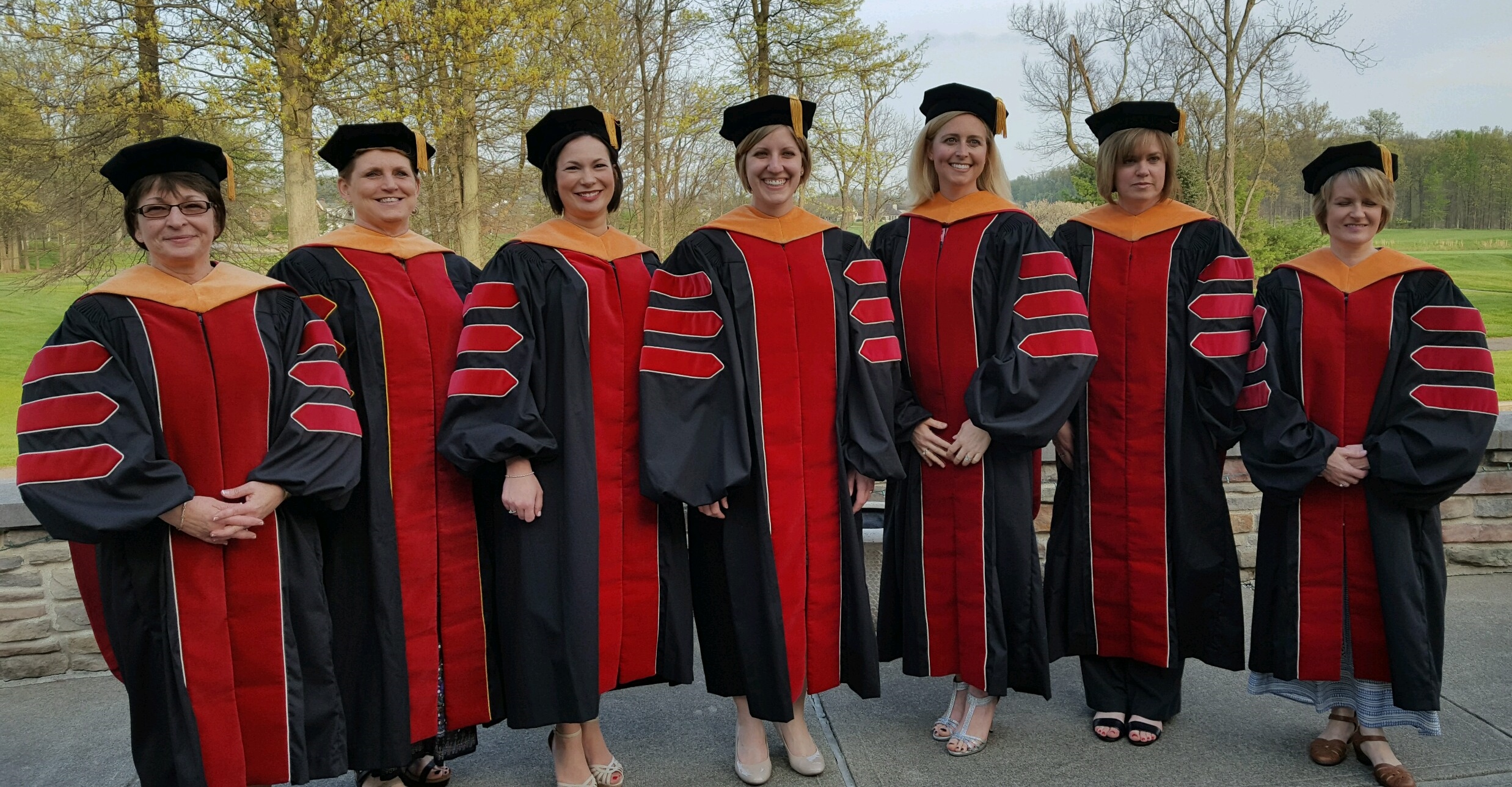Date of Award
Spring 5-2-2015
Document Type
Project
Degree Name
Doctor of Nursing Practice (DNP)
Department
Nursing
Advisor
Jacqueline Haverkamp, DNP
First Committee Member
Barbara Nash, MS
Second Committee Member
Janice Lanier, JD
Keywords
Advanced practice nursing, Health policy, Advocacy, Full practice authority
Subject Categories
Health Policy | Medicine and Health Sciences | Nursing
Abstract
Problem Statement
Recent passage of the Affordable Care Act has made the imminent concern of poor patient/provider ratios a reality. Unfortunately, despite increasing numbers of advanced practice registered nurses graduating annually, the access to healthcare issue continues. Advanced practice registered nurses (APRNs) are limited in the care they can provide as a result of Ohio law.
The Ohio Nurse Practice Act requires APRNs to work in a collaborative relationship with a physician and also requires that prescribing practices be guided by an inclusionary formulary (Nurse Practice Act, 2014). Thus, APRNs in Ohio cannot practice to their fullest scope of education and training.
Purpose
The overall goal of this DNP project is to encourage APRN advocacy efforts that will hasten health policy change leading to full practice authority for Ohio APRNs. The objectives of this project include evaluating the knowledge base of Ohio pediatric nurse practitioners (PNP) regarding advocacy, evaluating whether or not Ohio pediatric nurse practitioners desire full practice authority and determine the current level of PNP involvement as health policy advocates. The project will also aid in determining the best method for dissemination of information related to health policy.
Methods
A mixed methodology design was used and included the collection of quantitative and qualitative data to investigate APRN knowledge and involvement in advocacy, particularly the desire for full practice authority via a survey questionnaire. Participants were recruited from the Ohio Chapter of the National Association of Pediatric Nurse Practitioners (NAPNAP) list serve of members. Inclusion criteria: Nurse practitioners working with pediatric patients and membership in Ohio NAPNAP. Members were emailed a link to a Survey Monkey® and completion of the survey implied consent to participate. The questionnaire consisted of nineteen questions that allowed for investigation of involvement in advocacy, knowledge of and desire for full practice authority, as well as demographic information including age and years of experience as an APRN.
Analysis
Frequency data was used to report APRN involvement in advocacy and desire for full practice authority. Chi-square and Fisher’s exact tests were used to evaluate for associations between years of experience and age as it relates to knowledge of practice laws in Ohio as well as years of experience and age as it relates to involvement in professional advocacy.
Significance
Overall the majority of pediatric nurse practitioners in Ohio believe that full practice authority for advanced practice registered nurses would have a positive impact on patient care delivery. However, many APRNs do not have the time or knowledge to be involved in advocacy efforts. Attempting to increase awareness of the issues and encouraging involvement in professional advocacy by APRN programs and organizations has not proven effective. New methods of communication by professional organizations and a stronger focus on advocacy and nurse practice laws in academic training may lead to more APRNs getting involved in advocacy.
Recommended Citation
Cafasso, Mandi, "Advocacy: A Vital Step in Attaining Full Practice Authority for the Advanced Practice Registered Nurse" (2015). Doctor of Nursing Practice Scholarly Projects. 8.
https://digitalcommons.otterbein.edu/stu_doc/8

